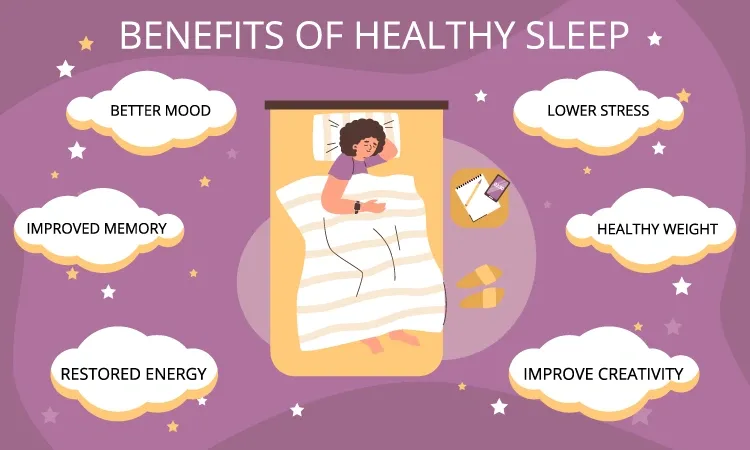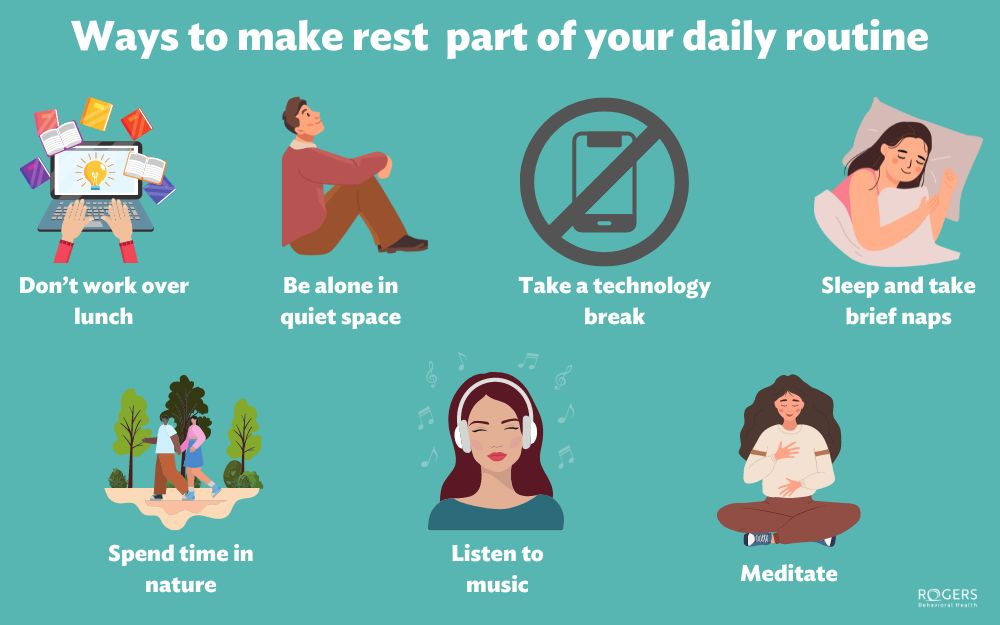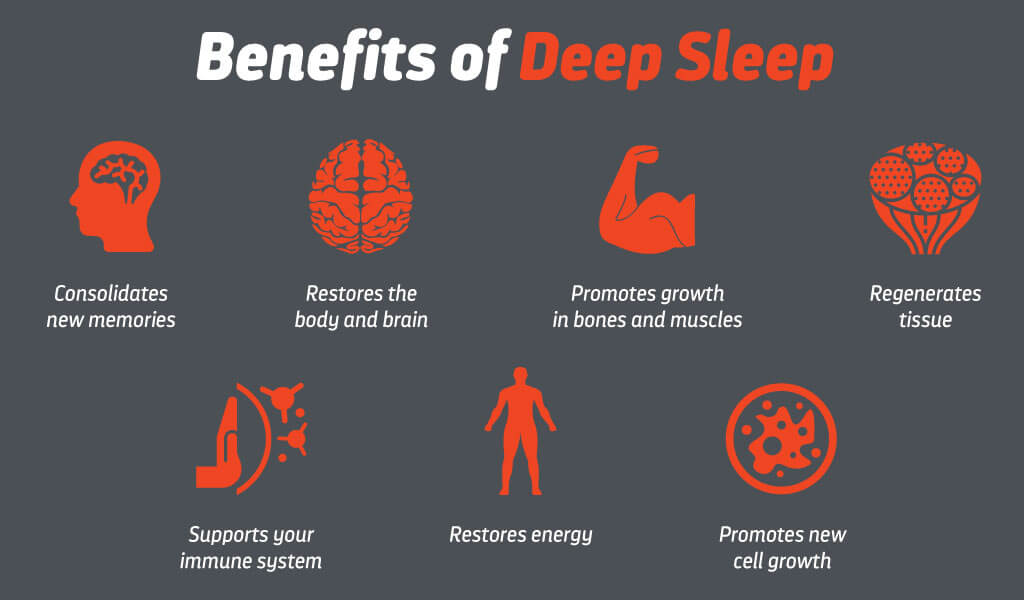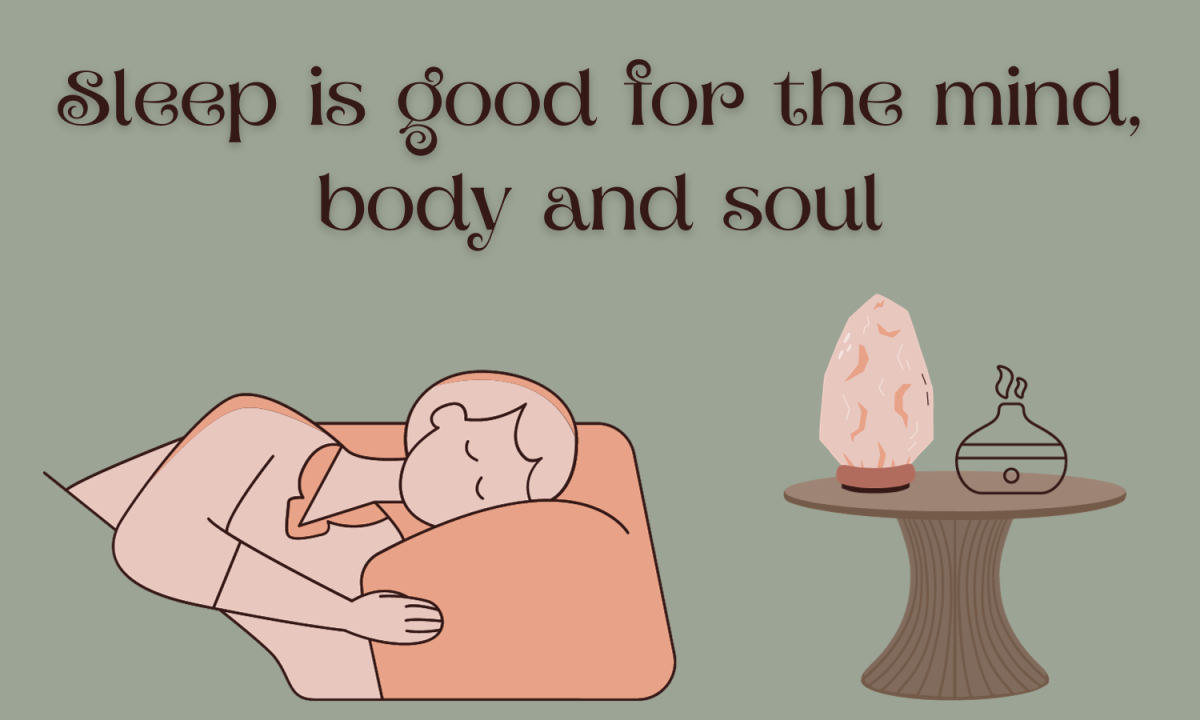Discover the importance of sleep in maintaining physical and mental health. Learn how adequate rest impact’s cognitive function, emotional well-being, and overall quality of life.
Introduction to the Importance of Sleep
Sleep is a fundamental aspect of human life, playing a crucial role in restoring our bodies and minds. It is as essential as nutrition and exercise for maintaining health and well-being. Importantly, sleep affects almost every system in the body, from brain function and immune response to cardiovascular health and metabolism. Despite its importance, many people struggle with getting enough quality sleep, which can lead to a range of health issues.
This comprehensive guide will explore the significance of sleep, its benefits for physical and mental health, and practical strategies for improving sleep quality.

Why Sleep Matters
To begin with, sleep is vital for physical health. It supports tissue repair, muscle growth, and protein synthesis, which are essential for recovery from daily activities. Moreover, sleep helps regulate hormones involved in metabolism and appetite, impacting weight management and reducing the risk of chronic conditions like diabetes and obesity.
Physical Health Benefits:
- Cardiovascular Health: Sleep helps lower the risk of heart disease, high blood pressure, and stroke.
- Immune Function: Adequate sleep supports immune health by producing cytokines that fight off infections.
- Metabolic Regulation: Sleep influences glucose metabolism and insulin sensitivity, reducing the risk of diabetes.
Mental Health Benefits:
- Cognitive Function: Sleep is crucial for learning, memory consolidation, and attention span.
- Emotional Regulation: It helps manage stress, anxiety, and mood disorders.
- Mental Clarity: Improves concentration and decision-making abilities.
The Science Behind Sleep
Sleep is regulated by two main systems: sleep-wake homeostasis and the circadian rhythm. Notably, the circadian rhythm is influenced by external factors like light exposure, which can affect sleep quality.
Sleep Stages:
- Non-Rapid Eye Movement (NREM) Sleep: Includes stages of light sleep and deep sleep, important for physical restoration.
- Rapid Eye Movement (REM) Sleep: Essential for mental restoration, memory consolidation, and learning.
Sleep Disorders:
- Insomnia: Difficulty falling or staying asleep.
- Sleep Apnea: Pauses in breathing during sleep.
- Restless Leg Syndrome: Uncomfortable sensations in the legs during rest.

Common Sleep Challenges
Many individuals face challenges in achieving quality sleep due to lifestyle factors or sleep disorders. For instance, shift workers, new parents, and those with irregular schedules often experience disrupted sleep patterns.
Lifestyle Factors:
- Irregular Work Schedules: Shift work can disrupt the body’s natural circadian rhythm.
- Stress and Anxiety: Mental health issues can make it difficult to fall asleep or stay asleep.
- Environmental Factors: Noise, light, or an uncomfortable sleep environment can affect sleep quality.
Sleep Disorders:
- Insomnia: Often linked to stress or irregular sleep schedules.
- Sleep Apnea: Can be exacerbated by obesity or smoking.
- Restless Leg Syndrome: May be related to iron deficiency or genetics.
Practical Strategies for Better Sleep
Establishing a Sleep Schedule
Maintain a consistent sleep schedule, even on weekends, to regulate your body’s internal clock.
Create a Sleep-Conducive Environment
Ensure your bedroom is dark, quiet, and cool. Invest in a comfortable mattress and pillows.
Limit Stimulants Before Bed
Avoid caffeine, nicotine, and electronic devices at least an hour before bedtime.
Engage in Relaxation Techniques
Practice mindfulness, meditation, or deep breathing exercises to calm your mind before sleep.
The Impact of Sleep on Mental Health
Sleep plays a critical role in mental well-being by regulating emotions and reducing stress. Moreover, chronic sleep deprivation can lead to mood disorders like depression and anxiety.
Mental Health Benefits:
- Stress Reduction: Sleep helps manage stress hormones like cortisol.
- Emotional Regulation: Improves mood stability and reduces irritability.
- Cognitive Clarity: Enhances focus and decision-making abilities.
Emerging Trends in Sleep Research
Furthermore, ongoing research highlights the importance of sleep in preventing chronic diseases and improving overall quality of life. Notably, studies suggest that extending sleep duration can have health benefits for those who habitually get insufficient sleep.
Future Directions:
- Personalized Sleep Plans: Tailoring sleep recommendations based on individual needs.
- Sleep Technology: Using wearable devices to monitor and improve sleep quality.
Adapting Sleep Strategies to Your Lifestyle
Sleep strategies can be adapted to fit different lifestyles and needs:
- For Shift Workers: Use light therapy to adjust the circadian rhythm.
- For New Parents: Establish a routine that includes naps when possible.
- For Older Adults: Prioritize a consistent sleep schedule and comfortable sleep environment.

Additional Strategies for Better Sleep
Integrative Therapies
Moreover, integrative therapies such as acupuncture and herbal supplements may offer additional benefits for sleep. Notably, while these therapies are not a replacement for conventional sleep advice, they can complement traditional methods when used under professional guidance.
Educational Resources
Furthermore, accessing educational resources is crucial for staying informed about sleep health. Websites from reputable health organizations and sleep support groups can provide valuable information and support. In addition, attending workshops or seminars on sleep can offer practical tips and insights from experts.
Community Engagement
Importantly, engaging with the community can provide emotional support and practical advice. Joining local sleep support groups or participating in online forums can connect individuals with others who share similar experiences. Moreover, this sense of community can enhance overall well-being and provide a network of support during challenging times.
Conclusion: Prioritizing Sleep for Better Health
Sleep is not just a passive activity; it is an essential component of maintaining physical and mental health. By understanding the importance of sleep and implementing strategies to improve sleep quality, individuals can enhance their overall well-being and reduce the risk of chronic diseases.
Ultimately, prioritizing sleep is a crucial step towards living a healthier, more balanced life.
The Role of Technology in Sleep
In conclusion, technology is transforming how we approach sleep by providing tools for monitoring sleep patterns and improving sleep quality. Wearable devices track sleep stages, while apps offer guided relaxation techniques to enhance sleep onset.
The Importance of Community Support
Moreover, community support plays a vital role in maintaining healthy sleep habits. Joining support groups or online forums can provide emotional support and practical advice from others who share similar experiences.

